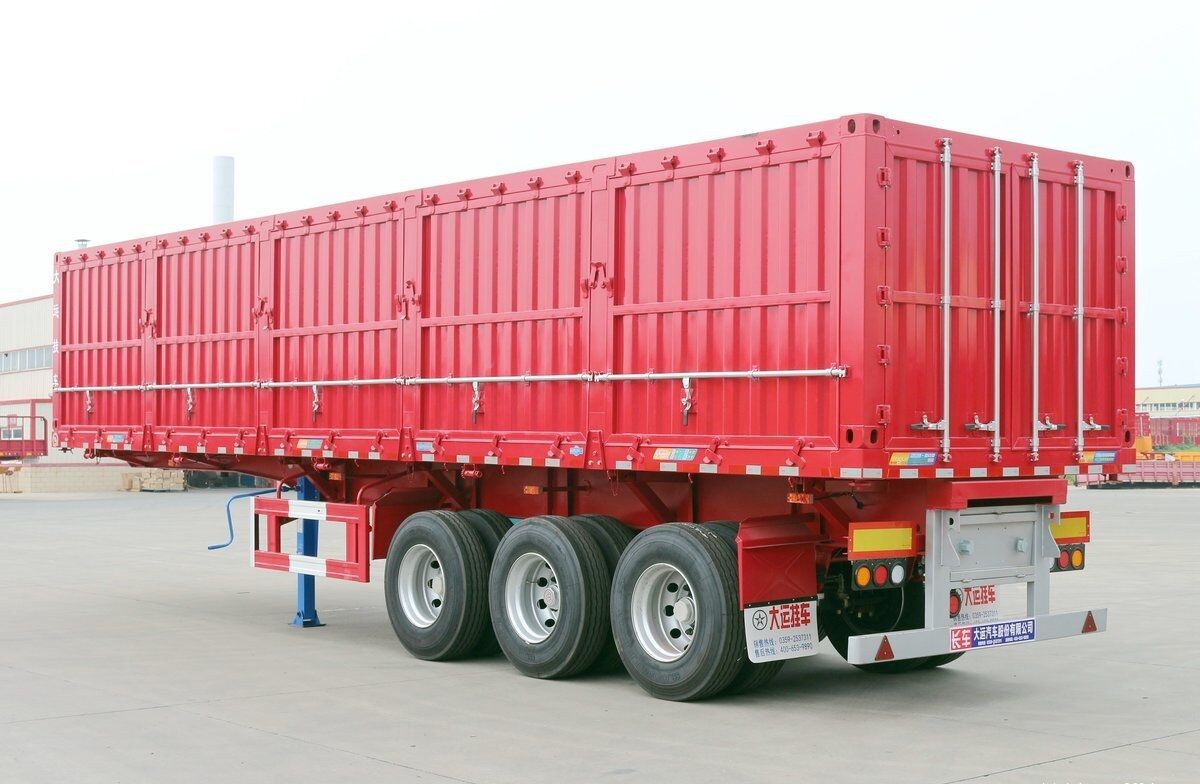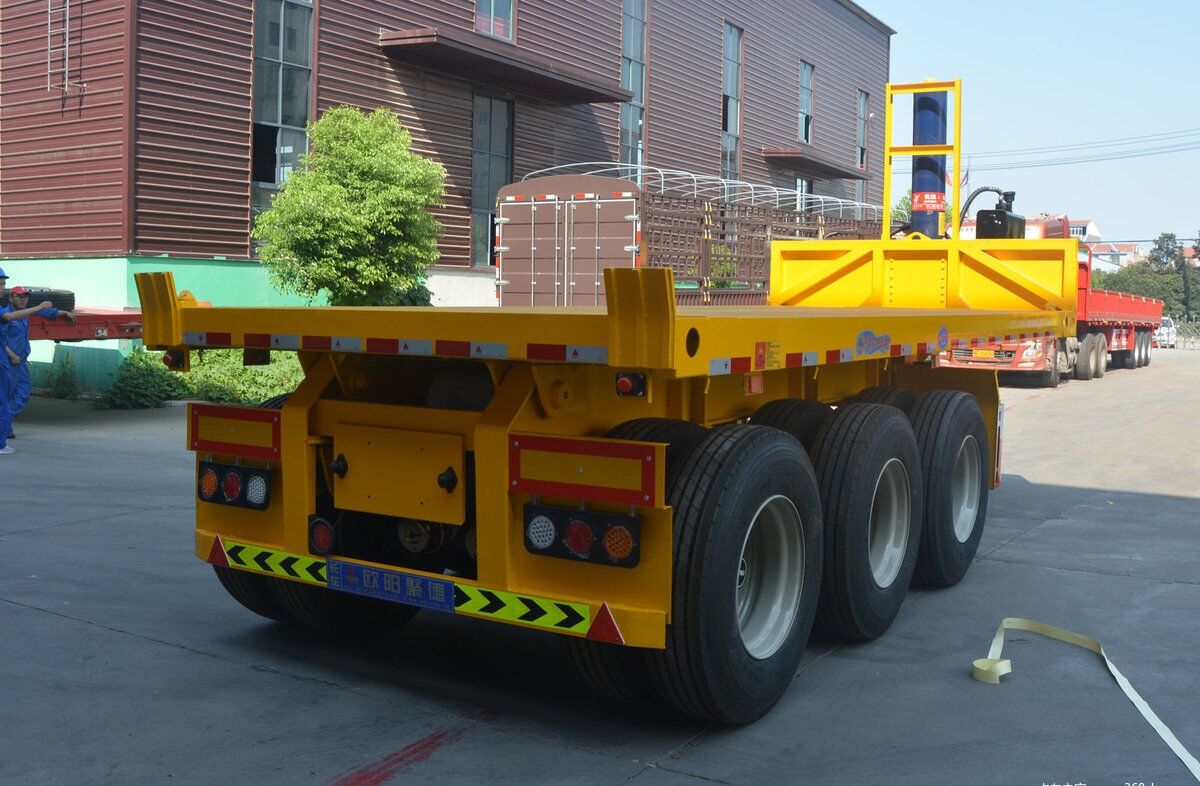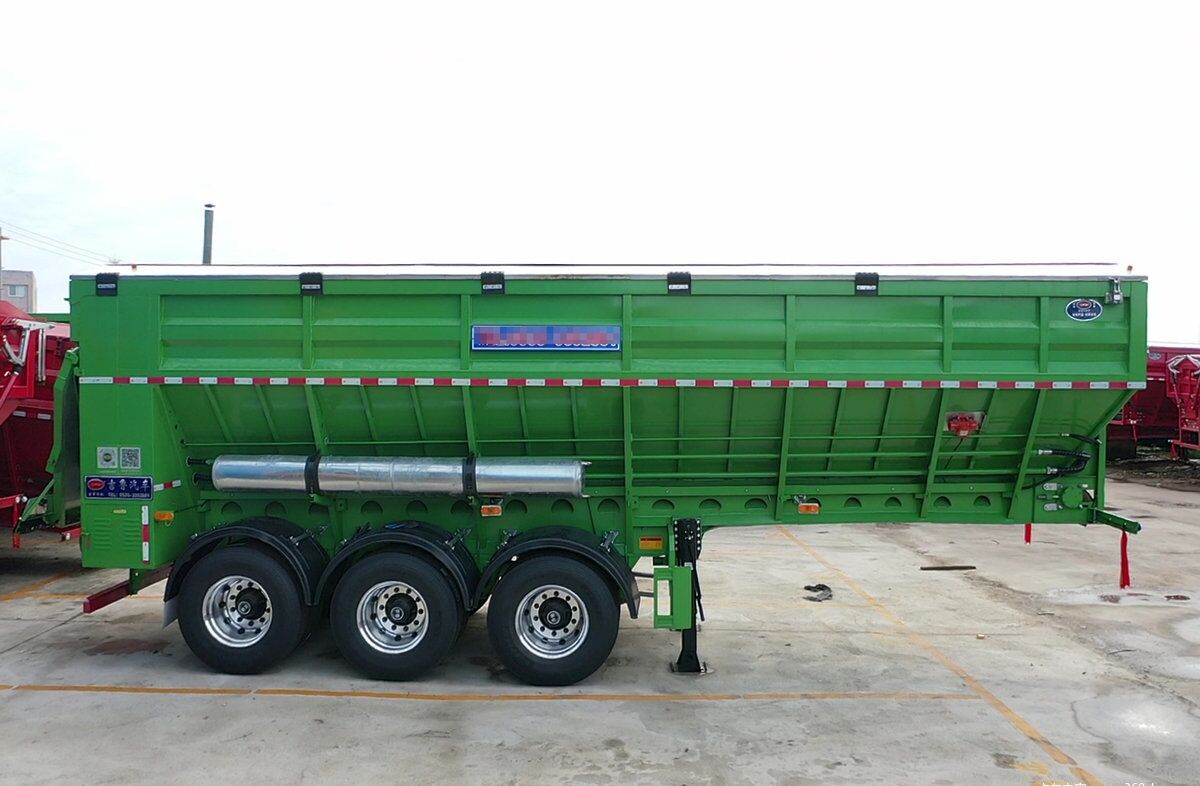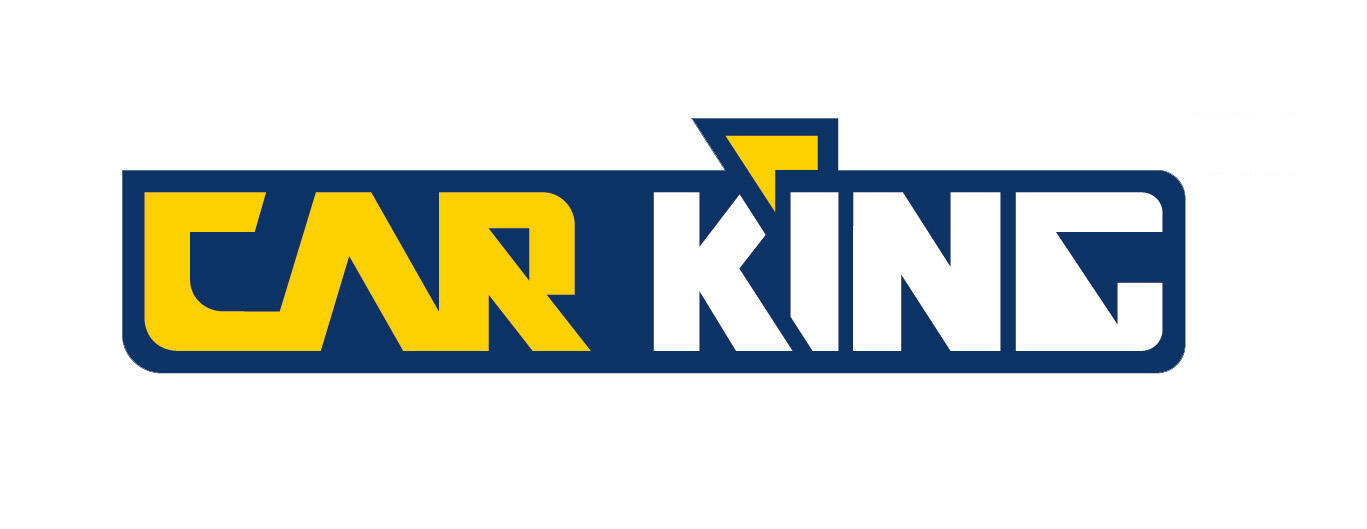big truck and trailer
The big truck and trailer combination represents a cornerstone of modern logistics and transportation, offering unparalleled cargo capacity and versatility for commercial hauling needs. These vehicles are engineered with robust powertrains, typically featuring diesel engines that deliver substantial torque for heavy loads. The trailer component provides extensive storage space, with options ranging from dry vans to refrigerated units, flatbeds, and specialized configurations. Advanced safety systems, including electronic stability control, lane departure warnings, and automated emergency braking, ensure secure operation. The integration of GPS tracking and fleet management software allows for real-time monitoring and route optimization. Modern big trucks feature ergonomic cabin designs with air-ride suspension, providing driver comfort during long hauls. The trailer's design incorporates aerodynamic features to reduce fuel consumption and includes secure cargo restraint systems. These vehicles commonly offer payload capacities exceeding 40,000 pounds, making them essential for interstate commerce and bulk material transport. The coupling system between truck and trailer utilizes advanced fifth-wheel technology, ensuring secure connection and smooth articulation during operation.



